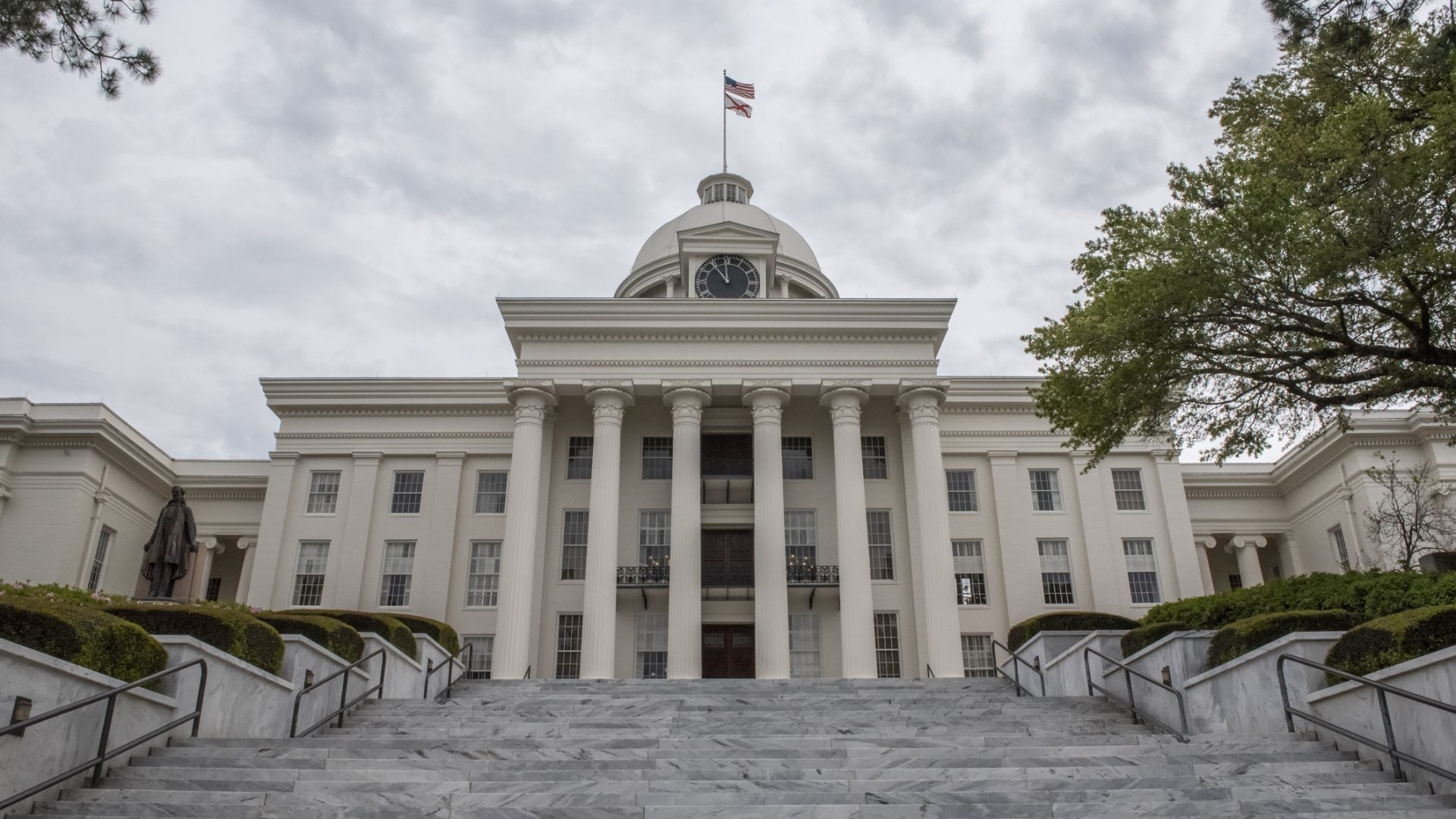
Banned Books Week might be over, but the latest reason for a book being censored might actually shock you. Alabama officials have flagged a book because it is “sexually explicit” and all because the author’s last name is “Gay.”
But the book, Read Me A Story Stella, written by Marie-Louise Gay, has no sexual content at all in its pages. It “is in fact about a brother called Sam and sister called Stella reading books together as they spend the day building a fort.”
Cindy Hewitt, executive director of Huntsville-Madison County Public Library (HCPL), indicated this was a mistake due to the author’s surname triggering the system. Hewitt said, “Obviously we’re not going to touch that book for any reason.”
Luckily, the mistake about Read Me A Story Stella was caught before the book was removed from shelves; however, how many other books might have been inadvertently classified?
Gay’s publicist Kristen Brassard has referred to the incident as “laughable.” Brassard clarified in a statement, “Although it is obviously laughable that our picture book shows up on their list of censored books simply because the author’s last name is Gay, the ridiculousness of that fact should not detract from the seriousness of the situation.”
“This proves, as always, that censorship is never about limiting access to this book or that one. It is about sending the message to children that certain ideas—or even certain people—are not worthy of discussion or acknowledgement or consideration,” Brassard continued.
“This is a hateful message in a place like a public library, where all children are meant to feel safe, and where their curiosity about the world is meant to be nurtured,” added Brassard.
Of note, HCPL flagged hundreds of titles were “for containing the words ‘sexuality, gender, sex, and dating,’” reports The Independent. This list was put together by Clean Up Alabama, which is an organization “dedicated to safeguarding the well-being and innocence of children by advocating for a safe and enriching environment in the children’s sections of our public libraries.” Clean Up Alabama has been focusing their efforts on removing “sexually explicit” books from libraries.
Hewitt has asserted that HCPL was simply preparing for the expected wave of unprecedented challenges to books, stating “We wanted to be proactive and allow our library staff to look at our collection and make decisions about moving material to an older age group and not have someone from outside dictating that for us.” She also explained that “our librarians are trained in collection development, and it should be their responsibility to examine the collection and make those changes.”